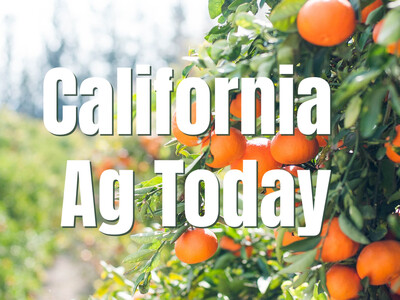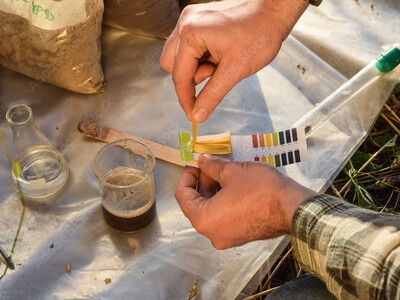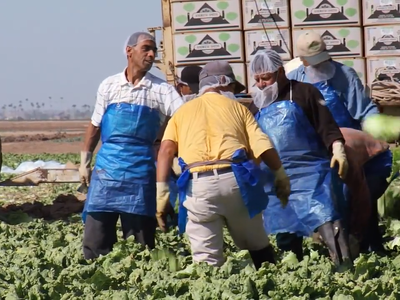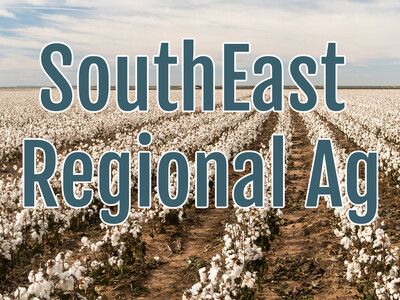Bean assessment
The Idaho Bean Commission in the coming year will likely seek to update the state statute that authorizes the commission and outlines its responsibilities.If industry supports that effort, the commission will begin moving forward with it in December, said IBC executive director Andi Woolf-Weibye.
If there is an effort to change the statute, it would occur during the 2025 legislative session, which begins in January.
As part of that statute change effort, the IBC is also asking for industry input on a proposal to increase the state’s bean assessment to help cover rapidly rising costs.
Raising the assessment would require revising the statute that authorizes the commission.
The assessment is what Idaho bean farmers and dealers pay to fund the IBC, which was created by the industry in 1949 to promote and market beans grown in the state, as well as to help fund research important to the industry.
Currently, Idaho farmers pay an assessment of 8 cents for every 100 pounds of beans they produce, and the state’s bean dealers pay 4 cents for every 100 pounds of beans they process.
The IBC is proposing to raise the assessment that bean dealers pay to 8 cents per 100 pounds of beans processed.
“I think it just makes it fair to have industry have an equal assessment as growers,” said Monty Hamilton, one of the IBC’s eight commissioners. “That's where we're trying to take things.”
The IBC is made up of four bean growers and four bean dealers.
Besides making the assessment equal among growers and dealers, the commission feels it is necessary to raise it because of significant cost increases over the past several years, Woolf-Weibye said.
“Particularly over the last few years, costs have gone up significantly,” Woolf-Weibye said. “If you want to do business and you want to stay relevant, you have to keep pace with these costs.”
The state’s bean assessment has not been raised since 1992 and “a lot has changed in 30 years and particularly in the last five years,” Hamilton said. “Anything that we do now costs 30 or 40% more than it did four years ago.”
The commission’s budget has been severely impacted by increasing costs, as well as a significant reduction in total bean acreage in Idaho over the last few years, Hamilton said.
“Bean acres are volatile and when they’re low, that really hurts the commissions budget,” he said.
Nobody wants to be taxed more but most people realize that an increase in the assessment is necessary at this point, Hamilton said.
“So far, all the industry feedback that I have received has been supportive of an increase,” he said. “They understand that costs have gone up.”
“The dollar is not worth what it used to be,” said IBC commissioner B.J. Metzger. “We're still working on the same funds that we had 30 years ago. Meanwhile, the price of everything that we do … has almost doubled in price.”
He said the commission’s budget has “dwindled over the past few years to the point where we can't do all the research and other things that we are charged with doing as a commission.”
He also said he has not heard any significant pushback from industry on the proposal.
“I haven't heard any blowback,” Metzger said. “I haven't heard a lot of people jumping up and down for it, either. But I haven't heard anybody say that they're going to fight it or disagree with it.”
If it is approved, the new assessment would go into effect at the beginning of next July.
In its effort to update the statute, the commission seeks to clean up some of its language.
“Some of that verbiage is really outdated and some of it hasn't been updated since 1957,” Woolf-Weibye said.
One revision to the statute might include authorizing the commission to increase the assessment up or down. What the ceiling is for that, up or down, has not been determined yet.
Woolf-Weibye said the commission is trying to get word out about the proposal as much as possible to give industry a chance to weigh in on it.
“Getting the word out to industry is our main goal,” she said. “We want to know if this is a viable thing or, if industry is totally against it, we'll table it.”
So far, industry has not opposed the proposal, she said.
“A lot of them are like, ‘We don't love it but we get it,’” she said. “They understand that costs have increased a lot the last few years, let alone the last few decades.”













